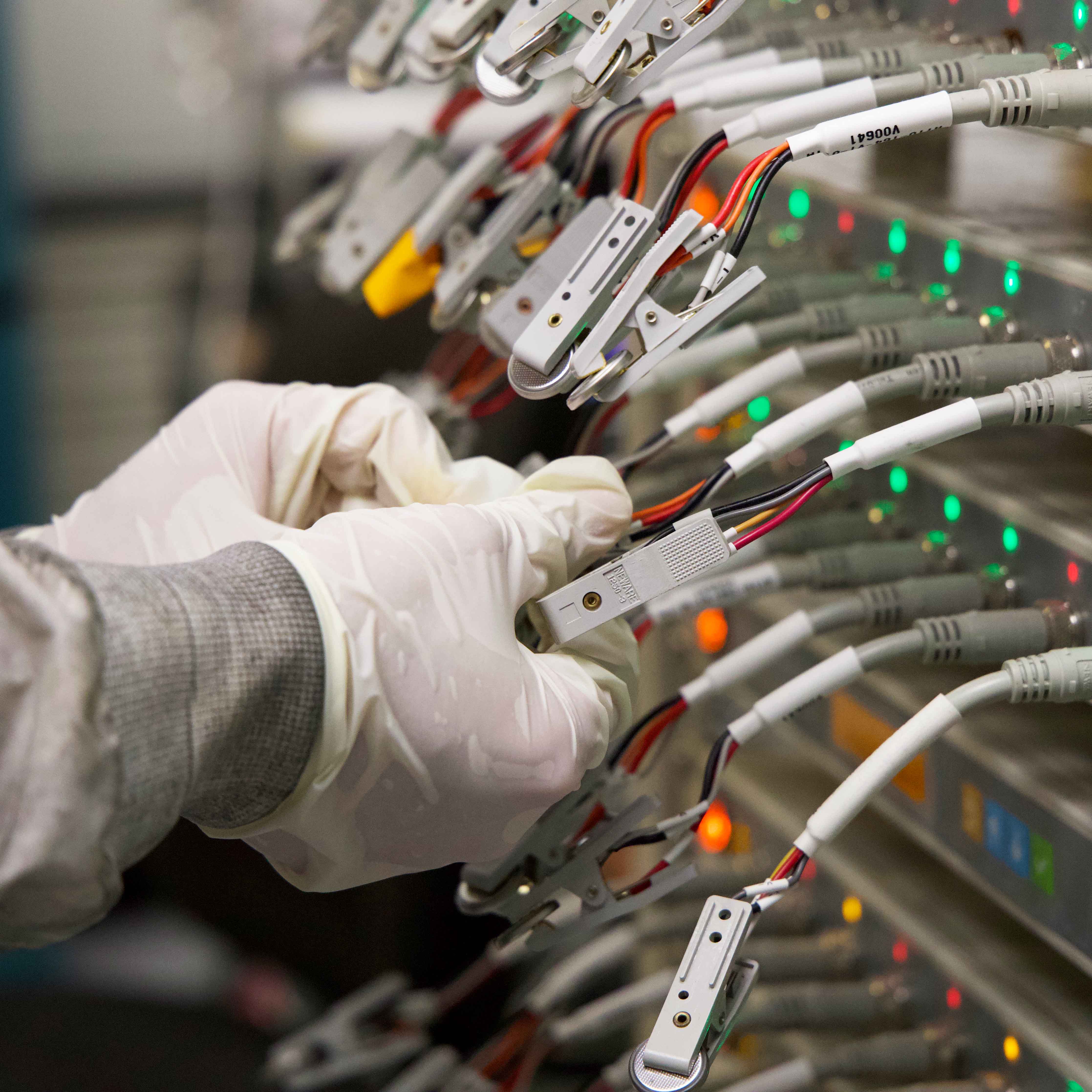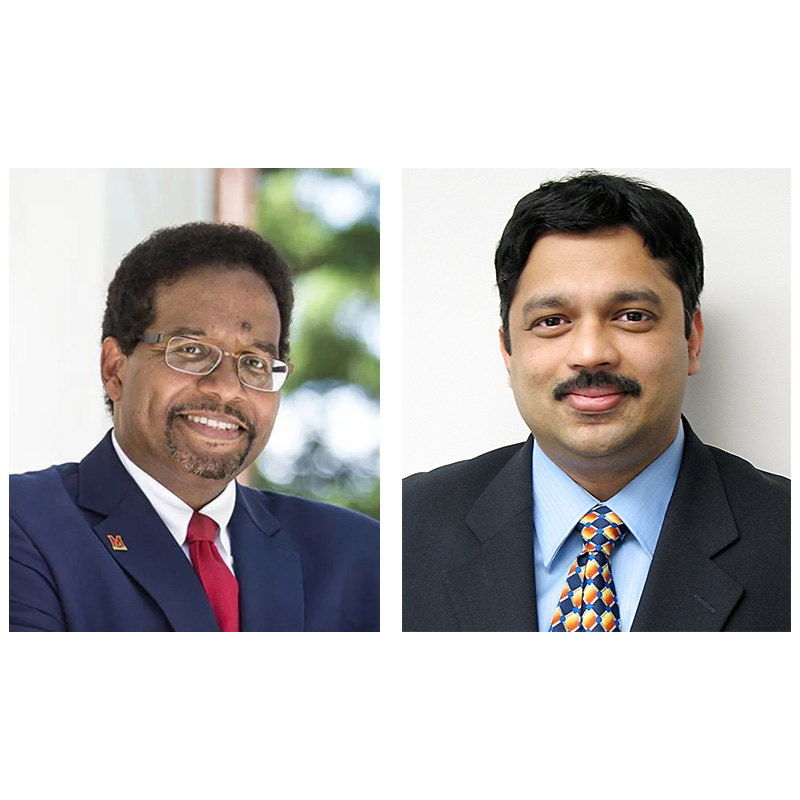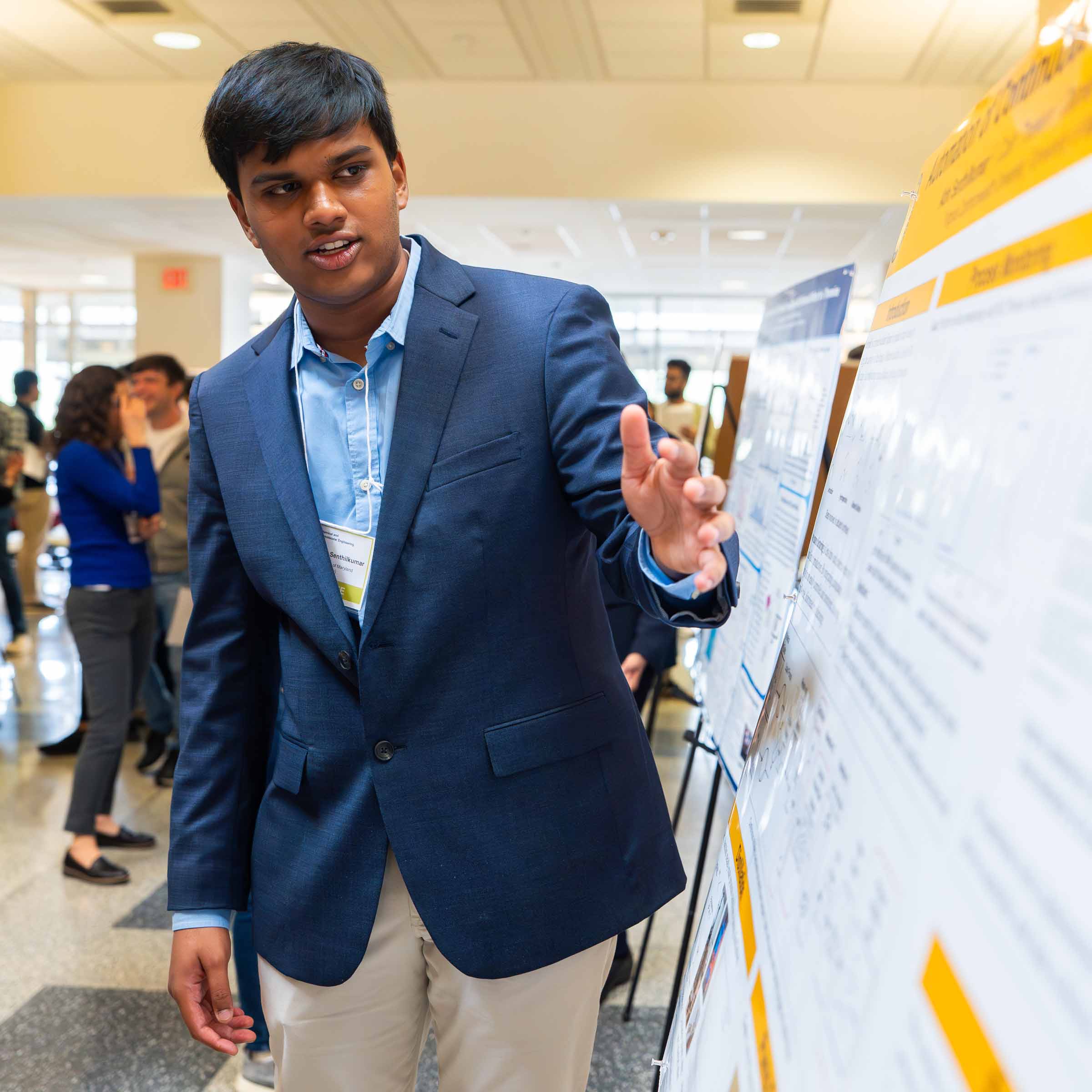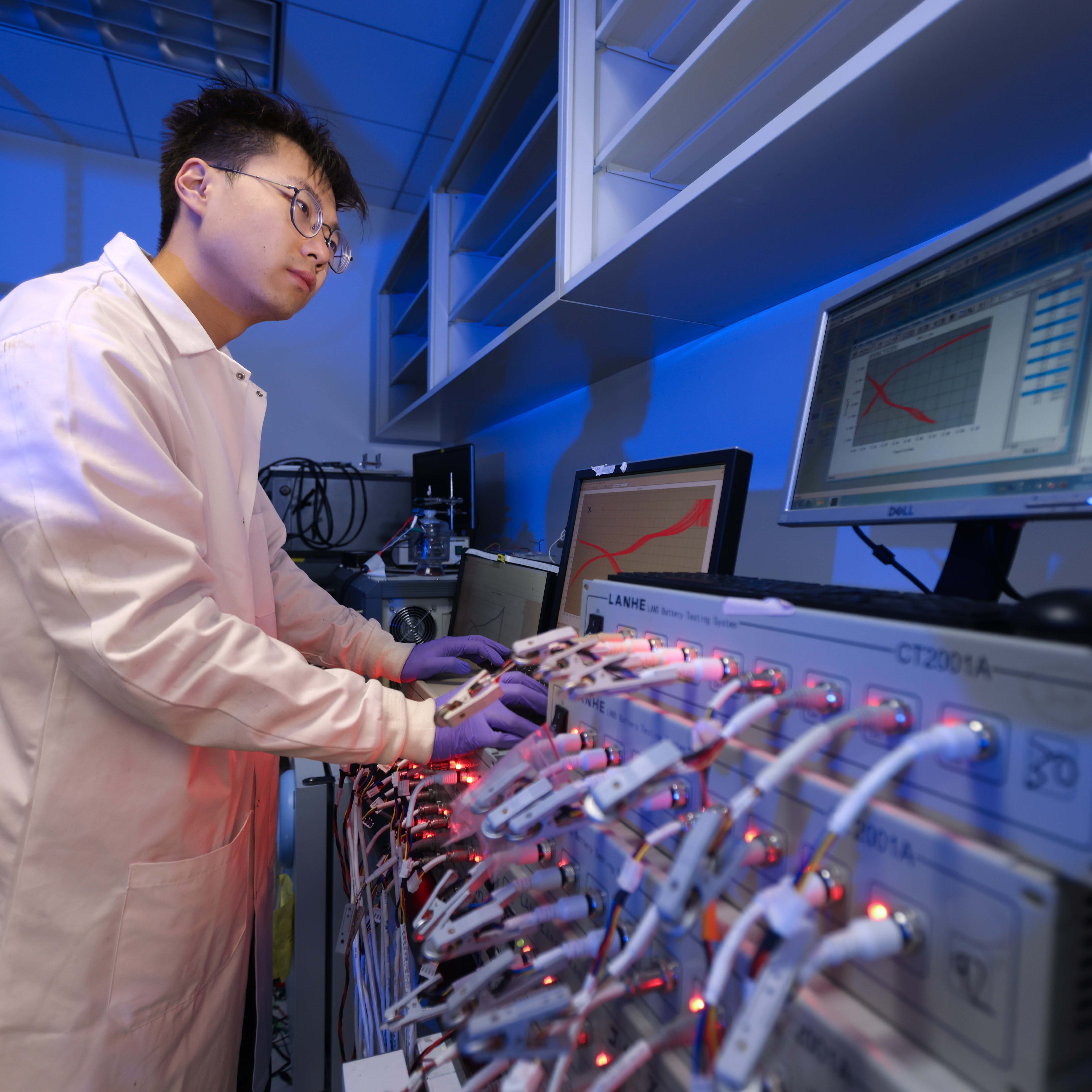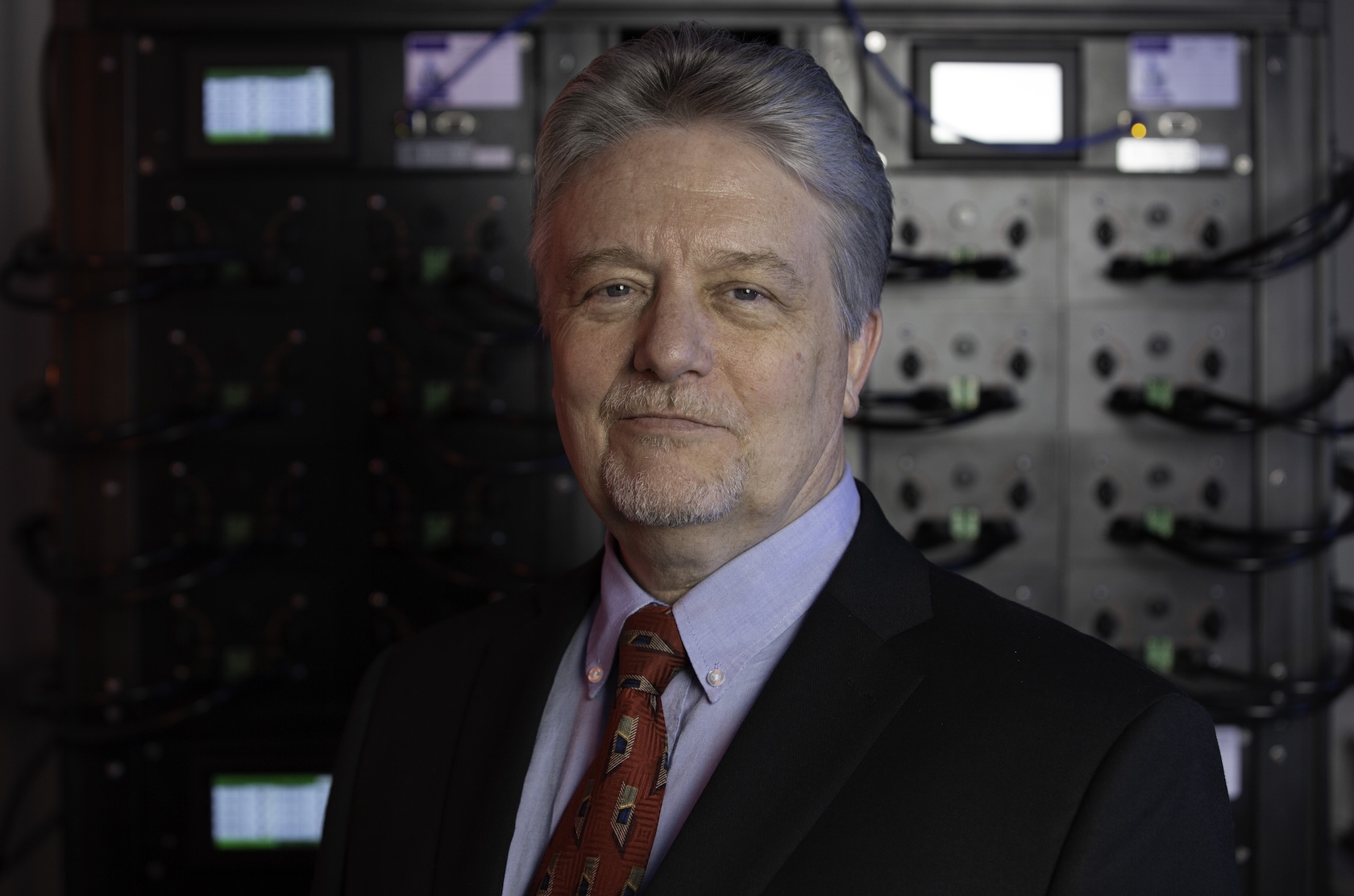News Story
Chunsheng Wang Named Electrochemical Society Fellow
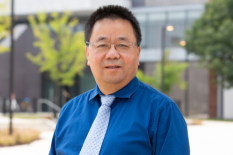
Chunsheng Wang, the Robert Franklin and Frances Riggs Wright Distinguished Chair of the Department of Chemical and Biomolecular Engineering has been named a fellow of the Electrochemical Society (ECS). Established in 1989, the title recognizes advanced individual technological contributions in the field of electrochemical and solid state science and technology as well as active membership and involvement in the Electrochemical Society. ECS inducts a limited number of distinguished members as fellows each year.
“It is an honor to be recognized by your peers for making meaningful contributions to the field,” says Wang. “The honor is based on a review of your best work throughout your career and validates the significance of your research efforts.”
Wang is currently chair of the Electrochemical Society National Capital Section. He serves as associate editor of ACS Applied Energy Materials; is on the advisory board Energy and Environmental Materials and Energy Storage Materials; and was the winner of the ECS 2021 Battery Division Research Award.
Wang is the cofounder and UMD director of the Center for Research in Extreme Batteries (CREB), a joint battery center between the university and U.S. Army Research Laboratory. CREB is the only battery center in the U.S. focused on extreme performance, safety and environmental needs of the U.S. Department of Defense. “Batteries are major power sources for the military and national security,” says Wang. “We are developing safe and non-flammable electrolytes that can continue to produce high wattage.”
Wang’s research has focused largely on new electrode and electrolyte materials for advanced batteries. He devised general electrolyte design principles for high-capacity anodes and cathodes and investigated SEI (solid electrolyte interphase) for high-energy batteries and extended this concept to the development of water-in-salt electrolytes and solid-state electrolytes. His work in this area provided critical new information on the understanding of the SEI stability in complex battery systems and has the potential to significantly improve the cycle life of high-energy rechargeable batteries. His pioneering research in high-voltage aqueous energy storage systems greatly increases the energy density of aqueous battery systems. His work has been published in Science, Nature, Nature Energy, Nature Nanotechnology, Nature Materials, Nature Chemistry, and Nature Sustainability has resulted in the founding of two ventures with university faculty to commercialize groundbreaking battery innovations: WH-Power Inc. and AquaLith Advanced Materials, Inc.
Published August 31, 2023



